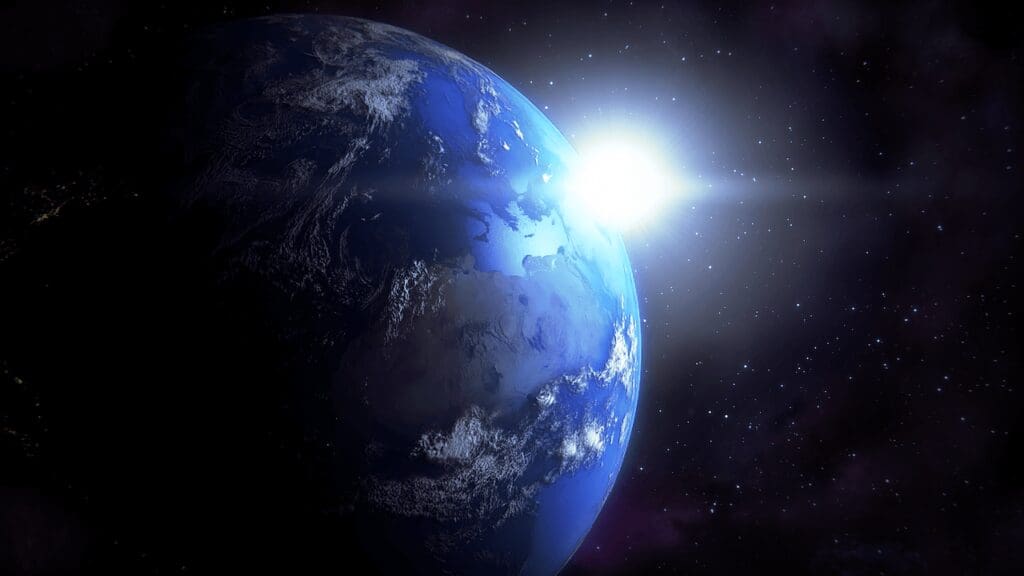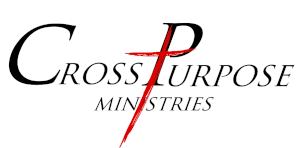
The Kingdom of God Is Here
When we think of the Kingdom of God, do we see ourselves living in it here and now, or is it something far away to be attained? For the most part, I believe we see the Kingdom of God as very different from our current state of existence, because we consciously or unconsciously identify the Kingdom of God with Heaven, God’s dwelling place. That idea seems to be supported in what Jesus taught His disciples to pray: “Your kingdom come, Your will be done on Earth as it is in Heaven” (Matthew 6:10). Human translation: God’s kingdom, Heaven, has to come to Earth before we can see His will as the only one universally carried out.
As the Son of God, Jesus modeled and taught about the kingdom of God, healing people and casting out demons. On one such occasion after Jesus had delivered a man from a mute spirit, some of those in the crowd accused Jesus of driving out demons by the power of Satan. Jesus seized the moment to teach about the operation of spiritual beings, and punctuated His teaching with, “But, if I drive out demons by the finger of God, then the kingdom of God has come upon you.” (Luke 11:20) So, that must mean that wherever Jesus was healing, delivering, or working any kind of miracle, regardless of the physical environment or the mix of people in sinful conditions, the kingdom of God was present.
It is encouraging that Jesus said to His disciples, “Very truly I tell you, whoever believes in Me will do the works I have been doing, and they will do even greater things than these, because I am going to the Father.” (John 14:12) This promise of sharing His anointing with us to minister to others is exciting and sobering. When we do this, not only does the kingdom of God manifest its presence with us, but we are operating in kingdom power just as Jesus did. We get to participate with God in healing, delivering, and operating in spiritual gifts like prophesy and words of knowledge. Additionally, we get to witness contemporary miracles of multiplying time and food or resource. The biblical accounts of the sun standing still in the sky for Joshua (Joshua 10:13) and the feeding of the 5000 (Matthew 14:13-21) are standouts. By comparison, we don’t tend to pay as much attention when leftovers in the fridge feed 10 people instead of four, or we show up for an appointment on time after being detained for an hour. Yet these are nonetheless miraculous. Then and now, it is in some dark places that the kingdom of God appears in response to our cries for God’s help.
The darkest day on Earth did not happen through a world-wide flood, or the mass genocide of 6 million Jews in the Holocaust, but at a place called the skull where the Son of God, the Creator of the Universe, submitted to death at the hands of His human creation. In that darkest hour, the kingdom of God was present in super-power, when Creation itself convulsed at the suffering of its Creator, the sun refusing to shine. At His death, the earth quaked, rocks split, and tombs broke open. Power released with Jesus’ last breath brought life to dead bodies that emerged from those tombs. It must have been a fearful and awesome sight.
Calvary changed everything, because Calvary changed us. Paul put it this way, “I want to know Christ—yes, to know the power of his resurrection and participation in his sufferings, becoming like him in his death, 11 and so, somehow, attaining to the resurrection from the dead.” (Philippians 3:10-11) The weight of sin and its isolation from the goodness of God is gone. Instead, the empty tomb has flung open the door to participation in the kingdom of God on Earth and in Heaven. So, are we content to wait for Heaven, or do we want to make the most of every opportunity the Lord presents us now (Ephesians 5:15-16)? Perhaps that answer depends upon our willingness to practice ruthless trust of Him, as only that abandonment of self makes room for the operation of the kingdom of God through us in the here and now.
